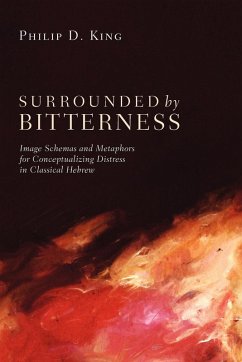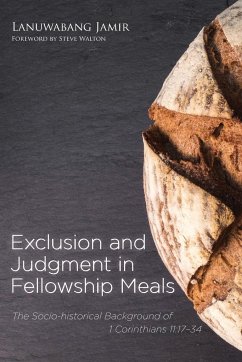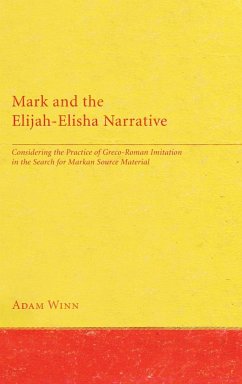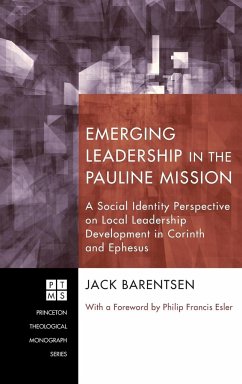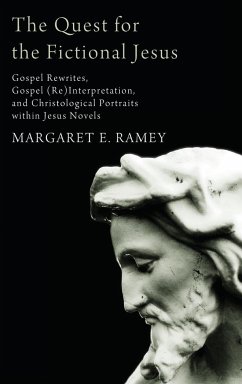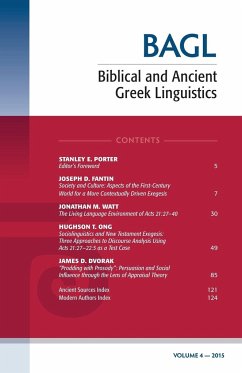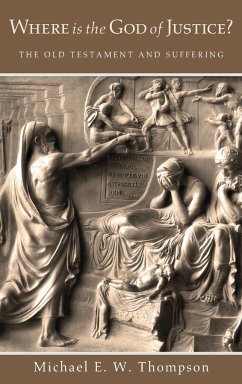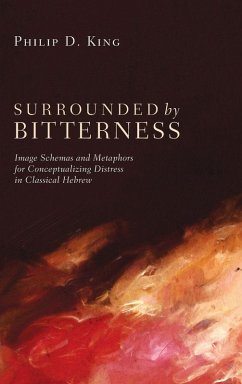
Surrounded by Bitterness
Versandkostenfrei!
Versandfertig in 1-2 Wochen
65,99 €
inkl. MwSt.
Weitere Ausgaben:

PAYBACK Punkte
33 °P sammeln!
How did the ancient Hebrew writers understand their emotional experiences of being in distress? Were their feelings similar to those of an English speaker who feels down, or were there other embodied experiences they used to make sense of physical, social, and emotional distress? This research establishes a cognitive linguistic methodology for addressing these questions, and investigates the use of embodied experiences of VERTICALITY, CONSTRAINT, FORCE, DARKNESS, and BAD TASTE in the conventional language of classical Hebrew lament to understand and reason about situations of distress.





